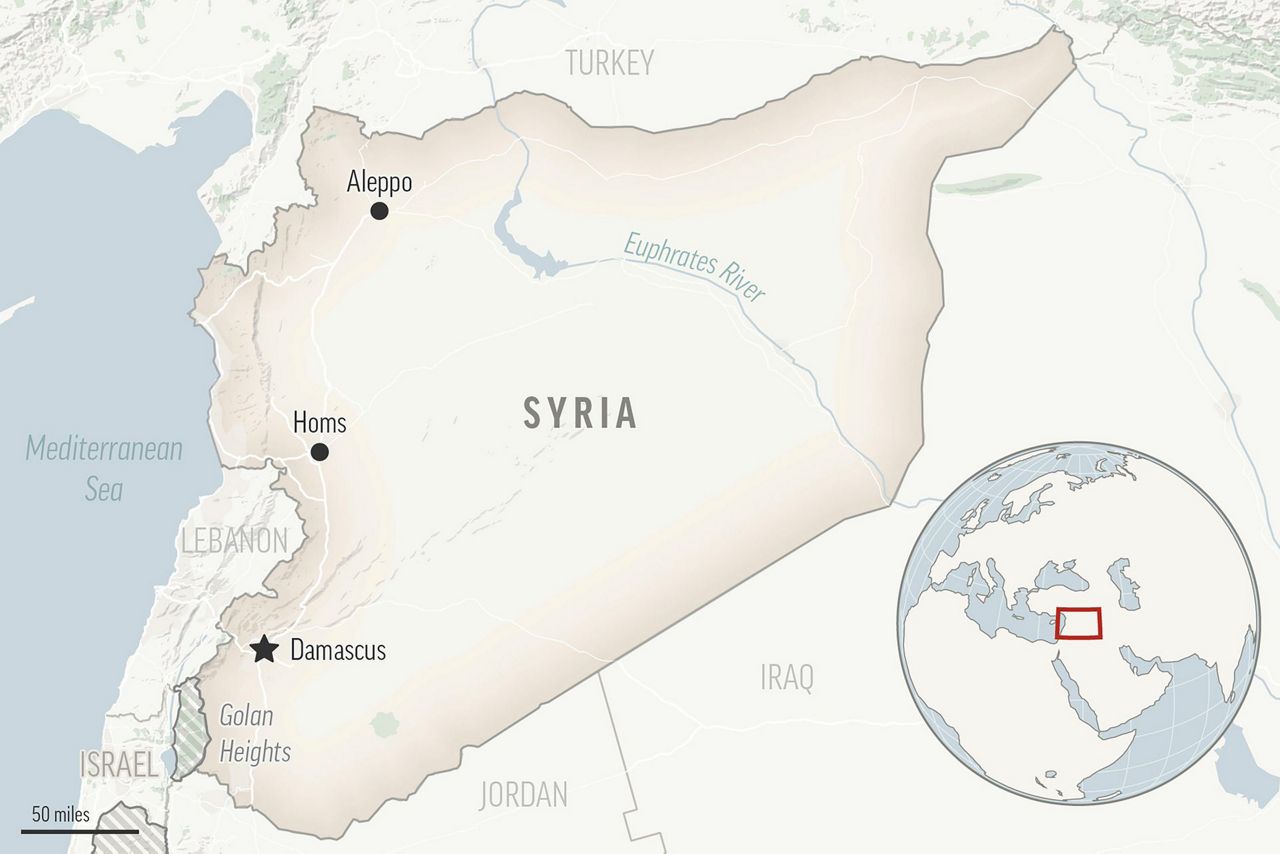Women Empowerment in Humanitarian Action Working Group – Türkiye – Terms of Reference (15 March 2023) – Türkiye
Background: On 6 February 2023, two devastating earthquakes measuring 7.7 and 7.6 magnitude struck Kahramanmaraş, Türkiye. According to the latest information from Turkish Disaster and Emergency Management Presidency (AFAD), 45,089 people in Türkiye lost their lives. The surrounding provinces, especially Hatay, Osmaniye, Adıyaman, Gaziantep, Şanlıurfa, Diyarbakır, Malatya, Kilis, Elazığ and Adana have been impacted the most from the earthquakes.
Although earthquakes affect everyone in the earthquake area, the disproportionate impact on women and girls in all their diversity are significant. According to the TurkStat1 (TUIK), Türkiye had an almost equal numbers of males and females across affected eleven provinces before the earthquake. Women and girls faced preexisting inequalities before the earthquake, which have been exacerbated by the current humanitarian crisis. As shown by global lessons learned and evidence across earthquake natural disasters, and demonstrated in current assessments taking place in the earthquake impacted provinces in Türkiye, the experiences of women and girls following the earthquake are distinct and need for strengthened prioritization in humanitarian programming. Initial assessments in the crises have illustrated the different priority humanitarian service needs of women and girls, and the specific challenges and barriers they continue to face in accessing information on available services, as well as accessing services; and their limited participation in the planning, implementation and monitoring of the humanitarian response, when compared to men and boys.
The Inter-Agency Standing Committee (IASC) Policy on Gender Equality and the Empowerment of Women and Girls (GEEWG) in Humanitarian Action , endorsed by the IASC Working Group in December 2017, commits the IASC to the goals of gender equality and the empowerment of women and girls in humanitarian action. This entails making provision to meet the specific needs of women, girls, men and boys in all their diversity, promote and protect their human rights, and redress gender inequalities. The Policy is accompanied with the IASC Gender Handbook for Humanitarian Action, the IASC Gender with Age Marker (GAM) and an Accountability Framework that elevates the accountability of the Humanitarian Country Team (HCT) and sector leads in ensuring implementation of the Policy, by demonstrating leadership on women’s empowerment in all aspects of the planning and programming of humanitarian action.
Efficient, equitable and participatory humanitarian action can only be achieved by understanding and responding to the specific needs, priorities and capacities of diverse women, girls, men and boys in different age groups. Mainstreaming equality in humanitarian action is a pre-requisite for successful and sustainable humanitarian strategies and interventions. Moreover, women are change agents and they play critical role in the humanitarian action, as responders, community mobilizers and leaders. Women’s participation in the crisis preparedness and humanitarian response is the key for reinforcing the accountability to the affected population in the humanitarian action. As the UN Secretary General in his 2020 report (S/200/946) on Women, Peace and Security (WPS) emphasized, “the protection and leadership of crisis affected women and girls is essential for effective and sustainable humanitarian action, when women are meaningfully engaged, and their needs are directly addressed, humanitarian action is more efficient and effective, the transition to recovery is accelerated, and community-wide resilience is enhanced.”


![Turkiye develops laser-guided air defense system [PHOTOS] Turkiye develops laser-guided air defense system [PHOTOS]](https://www.azernews.az/media/2024/02/19/1lazer.jpg)
